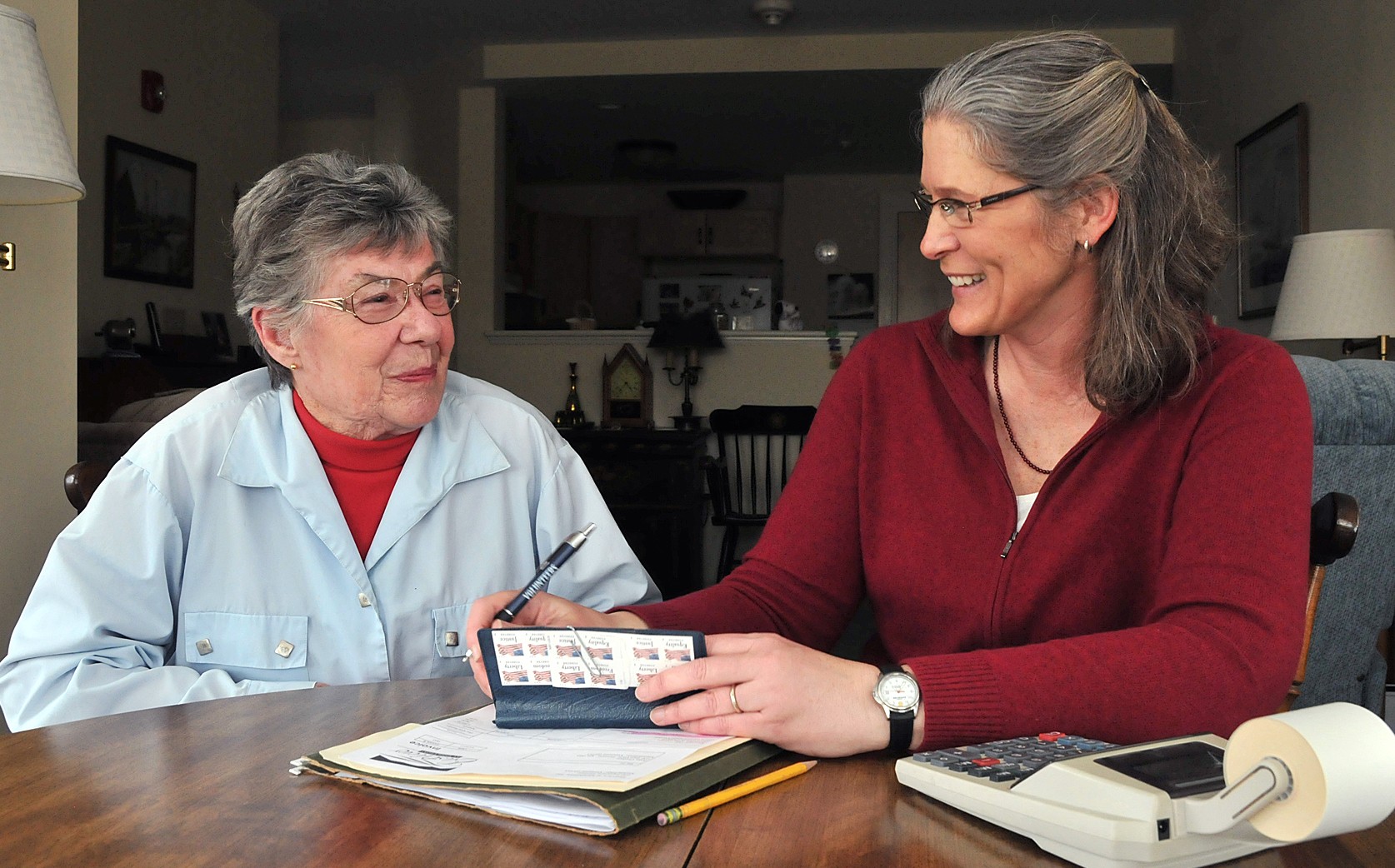The following is an article I wrote for a special section of the Addison Independent newspaper focused on issues for senior citizens
Think no one uses regular mail or old-fashioned landline telephones anymore? Think again. Especially when it comes to soliciting charitable contributions from senior citizens, a population known among fund-raisers for three things: opening their mail, answering their phones and being generous and trusting with their money.
Sorting out the many organizations that call and send small gifts like labels, notepads, and calendars with their requests for contributions can be challenging and very confusing. Many national organizations hire professional fundraisers who take a percentage of the contributions to cover their costs and profits. Many groups have similar names, then buy and sell lists of contributors, and others still may be nonprofit (even if their hired fundraisers are not) but do not qualify as charitable contributions for tax purposes.
Other solicitors are not non-profit organizations at all, but businesses interested in getting at your bank account in order to sell you marked-up questionable products.
Combine this with recent research showing that as people age, they become less able to discern suspicious behavior, including from telephone solicitors. Aging Americans simply become more trusting at a time in their lives when they also become more generous.
Just how confusing and difficult can giving be, especially in an age of aggressive mail and telephone campaigns? Veterans groups provide one example of running the gamut from worthy use of donations to heavy use of donations for fundraising to outright scams. The confusion is understandable when one looks at the names of three out of many organizations: Disabled American Veterans (DAV), Paralyzed Veterans of America (PVA), and Disabled Veterans of America (DVA).
Using Charity Navigator, an online tool that lists nonprofit organizations and how they spend their money on programs and fundraising, we learn that the DAV spends more than 90 percent of its money on its programs, and less than 5 percent on fundraising – an admirable ratio. The PVA, according to Charity Navigator, spends nearly 60 percent of its money on fundraising and less than 35 percent on programs. And the Disabled Veterans of America does appear to exist, but in November, a Michigan man was sent to prison for using the name and soliciting donations by phone.
Another area of confusion is the professional associations that hire out-of-state telemarketers to do their fundraising by phone. These include, for example, the unions representing professional firefighters and police officers. While one can debate the merits of these Vermont organizations using paid fund-raisers, many people who receive the telemarketing calls do not readily realize that these organizations are unions, and contributions to them are not tax-deductible, even though that is stated in the pitch for donations or follow-up mailings.
What can a person do to keep charitable giving from turning from a joy to a chore, and to protect themselves from scams? Here are a few suggestions:
- Focus on your areas of interest to streamline your giving. Those areas could be a few local organizations you know well, and just a couple national organizations in your interest area. Discard and decline solicitations from others.
- Research before donating. There are several guides available in print and online that rate charities for their use of donations. Online help can be found at charitynavigator.org or charitywatch.org. Each has a simple search engine and ratings. For those without online access, a printed “Charity Rating Guide” is included with membership in the American Institute of Philanthopy, P.O. Box 578460, Chicago, IL 60657
y. - Examine your mail carefully. Many organizations try to look “official” and they are sophisticated in their marketing, sometimes even making an envelope look like a bill, a renewal or membership dues that you owe.
- Get help. Ask a trusted friend or relative to review charitable requests with you (they can even do the background checks online) or get together with friends to open the envelopes together. Often a second set of eyes can catch the fine print.
- Keep a list of the gifts you make. Some national organizations will increase their requests the more you respond. It can be confusing and you may forget that you just made a gift last month. Never give a gift without checking your list first.
- Make an annual charitable budget. Think about your interest areas, including geographic interest. Many national organizations inundate you with mail and phone calls, and without intending to, you may end up giving more to them than to organizations in your local area.
- Make it a rule never to give financial information out over the phone to someone soliciting money – not credit card numbers and especially not bank account information, most notably the numbers from the bottom of a check. Any reputable organization will respect your wishes to only receive information by mail.
- If you do not wish to receive phone calls, tell each caller to remove your name from their list. The government Do Not Call list made an exemption for charitable organizations, so the organizations must be told individually.
